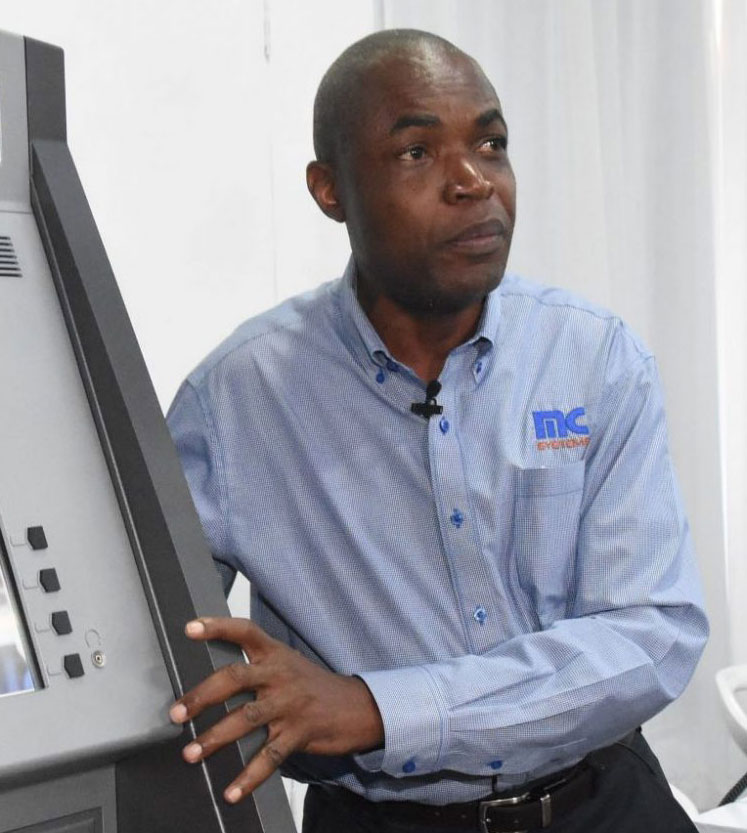Cashless Spending Becoming A Trend

Although it all seems like business as usual in many ways, it is not so says Horace Sinclair, senior consultant, services at MC Systems. One major change in the spending pattern, is the options that people have to make payments when they shop, he says. He notes that in the last three years in Jamaica there have been more technologies introduced to make it easier for people to buy what they want, when they want it, without having to depend on having cash in hand.
BOJ stats reveal that between January 2015 and December 31, 2017 the number of debit cards in circulation had increased from a little over 2.5 million to just about 2.9 million. Additionally, point of sale transactions, which totalled over $137 billion at the end of 2017, showed an average spend, per transaction, of $11,900 up from an average of $7,000 per transaction in January 2015.
“We have had the convenience of ATMs for a while now and we have been seeing an increase in the use of direct deposit payments, and for the last few years the mobile money solutions have expanded the range of options that have benefited both the merchants and customers, alike,” explained Mr Sinclair.
“This year we have seen a further expansion in the payment ecosystem with the introduction of the mobile point of sales (mPOS) solutions from commercial banks, such as Sagicor and the National Commercial Bank. These devices create more ways for micro and small businesses to positively impact cash flow and accelerate growth. This is just another clear example of how technology can become the impetus for economic advancements in markets such as ours,” he continued.
The remittance sector also saw new entrants in the form of the prepaid MasterCard Solution with entities such as Alliance along with the Digicel/Sagicor partnership with MyCash that have joined the Western Union My WU card and JN Money Services’ JN Money Transfer card, in ensuring that more Jamaicans who rely on money from family in the diaspora, can have the convenience of receiving the money without the need to travel long distances or join lines at a cambio or agent.
Supported by sound government policy toward financial inclusion, all of this points to very good days ahead for Jamaican businesses and consumers, especially when it comes to moving money around quickly and safely, Sinclair says. He noted that the government appears to be creating further opportunities with recent call for proposals for a mobile money provider to facilitate disbursements to a category of PATH beneficiaries.
According to Mr Sinclair, Jamaica has more options for payments outside of cash than any other time in history.
“The immediate benefits are clear for those who may prefer not to have cash on their person as they move about their daily routines. Similarly, businesses of every kind can now introduce a menu of payment options for all categories of customers,”
However, there are concerns about cybercrime and the vulnerabilities of having larger volumes of money in electronic form.
Nevertheless, in markets such as the UK, which is outpaces other European nations in transitioning to cashless transactions, physical notes and coins still feature prominently among the spending public. And, the same is likely to hold true for Jamaica for a while, Mr Sinclair observes.
Insights:





